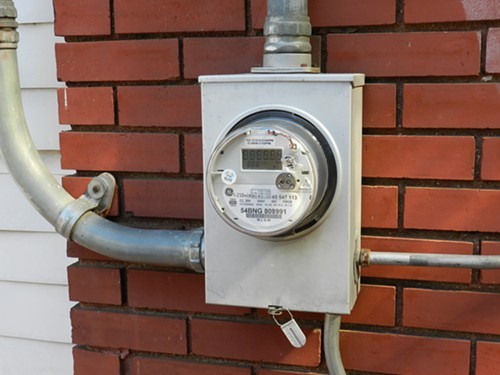
The winter storm that hit Shelby County last Sunday evening caused extreme traffic delays, hazardous safety conditions, and thousands of households to lose power.
Memphis Light, Gas and Water president Jerry Collins said more than 60,000 MLGW customers experienced power outages due to the storm.
“We started getting a few calls Sunday afternoon, about 5 or 6 p.m. As soon as the calls started coming in, we started to begin the restoration process,” Collins said. “Our employees worked in very difficult circumstances all week. They worked in very cold temperatures [and] on very slippery surfaces, with all of the ice on the ground. In some cases, there were trees that had fallen, that were blocking roads and kept us from getting to some of the people that had lost power. It was difficult all around.”
As of today (March 7th), Collins said there are 12 MLGW customers still experiencing power outages. He said their power would be restored today.
Contributing factors to the massive power outage include strong winds and freezing rain that built up as ice on tree limbs, causing many trees to collapse onto power lines and utility poles.
“The best thing that we can do is to make sure that we maintain a very active tree-trimming program, so that we can minimize the effects of either an ice storm or a thunderstorm or straight-line winds from having trees and tree limbs fall on power lines,” Collins said. “We currently spend about $11 million a year just trimming trees along power lines. That needs to continue, so that we can hopefully minimize the impact of storms.”
Whenever someone experiences power outages, they’re encouraged to contact MLGW’s outage hotline at (901) 544-6500. The hotline will not only allow residents to report outages, but it also provides them with the latest information available on estimated times of restoration and how many other people in their area are also experiencing power outages.
It’s also important that residents have a plan in place for power outages that could occur during cold weather conditions. Families should make sure they have emergency kits in their homes, keep their faucets slightly dripping to prevent frozen water pipes, and have contact information for warming centers and relatives or close friends on hand.

